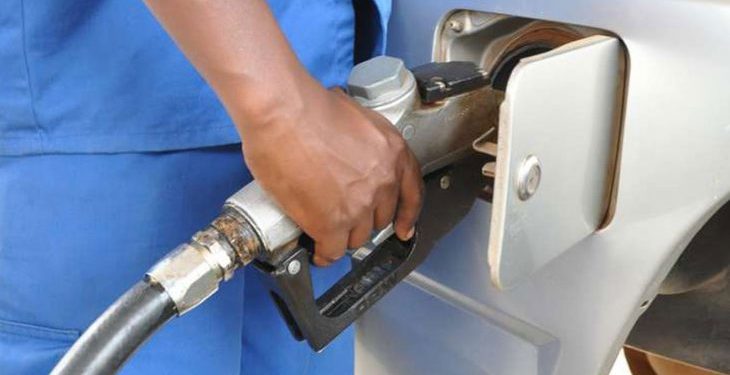The price of a litre of super petrol, diesel and kerosene increased by Ksh20.18 per litre, Ksh25.00 per litre and Ksh20.00 per litre respectively.
As a result, a litre of petrol will retail for Ksh179.30 from the current Ksh159.12 while diesel’s retail price will shoot to Ksh165 from the current Ksh140. The retail price for a litre of kerosene has hit a new high of Ksh147.94. The prices, as announced by the Energy and Petroleum Regulatory Authority (EPRA) will run for 30 days from September 15 to October 14, 2022.
The government has abolished the subsidy programme for super petrol, while partially retaining it for diesel (Ksh20.82) and kerosene (Ksh26.25).
“In accordance with Section 101(y) of the Petroleum Act 2019, Legal Notice No.196 of 2010 and Legal Notice No. 26 of 2012, the Energy & Petroleum Regulatory Authority (EPRA) has calculated the maximum retail prices of petroleum products which will be in force from 15th September to 14th October 2022. Taking into account the weighted average cost of imported refined petroleum products and in line with Government policy to progressively remove subsidies on petroleum fuels, the changes in the maximum allowed petroleum pump prices in Nairobi are as follows: Super Petrol, Diesel and Kerosene increase by Ksh20.18 per litre, Ksh25.00 per litre and Ksh20.00 per litre respectively,” EPRA said.
Read: Fuel Prices Set To Rise AS KPC Seeks To Hike Tariffs By 36PC
The prices are inclusive of the 8% Value Added Tax (VAT) in line with the provisions of the Finance Ad 2018, the Tax Laws (Amendment) Ad 2020 and the revised rates for excise duty adjusted for inflation as per Legal Notice No. 194 of 2020.
The average landed cost of imported Super Petrol decreased by 24.31% from US$1,074.01 per cubic metre in July 2022 to US$812.91 per cubic metre in August 2022; Diesel decreased by 13.90% from US$1,103.03 per cubic metre to US$949.68 per cubic metre while Kerosene decreased by 19.07% from US$1,111.53 per cubic metre to US$89936 per cubic metre.
On Tuesday, President William Ruto announced plans to end the fuel subsidy program which has seen the government spend over Ksh144 billion in the past year to stabilise fuel prices including Ksh60billion in the last four months alone.
Ruto termed it unsustainable, saying it had increased the National Treasury’s burden and caused an artificial shortage of commodities. In his inaugural speech, Ruto stated that if the fuel subsidy program was to continue, Kenya would need to spend Ksh200 billion in the following fiscal year.
According to Ruto, if the subsidy lasts through the end of the fiscal year, taxpayers will be on the hook for Ksh280 billion, which is the same as the entire national government’s development budget.
Email your news TIPS to editor@thesharpdaily.com


















